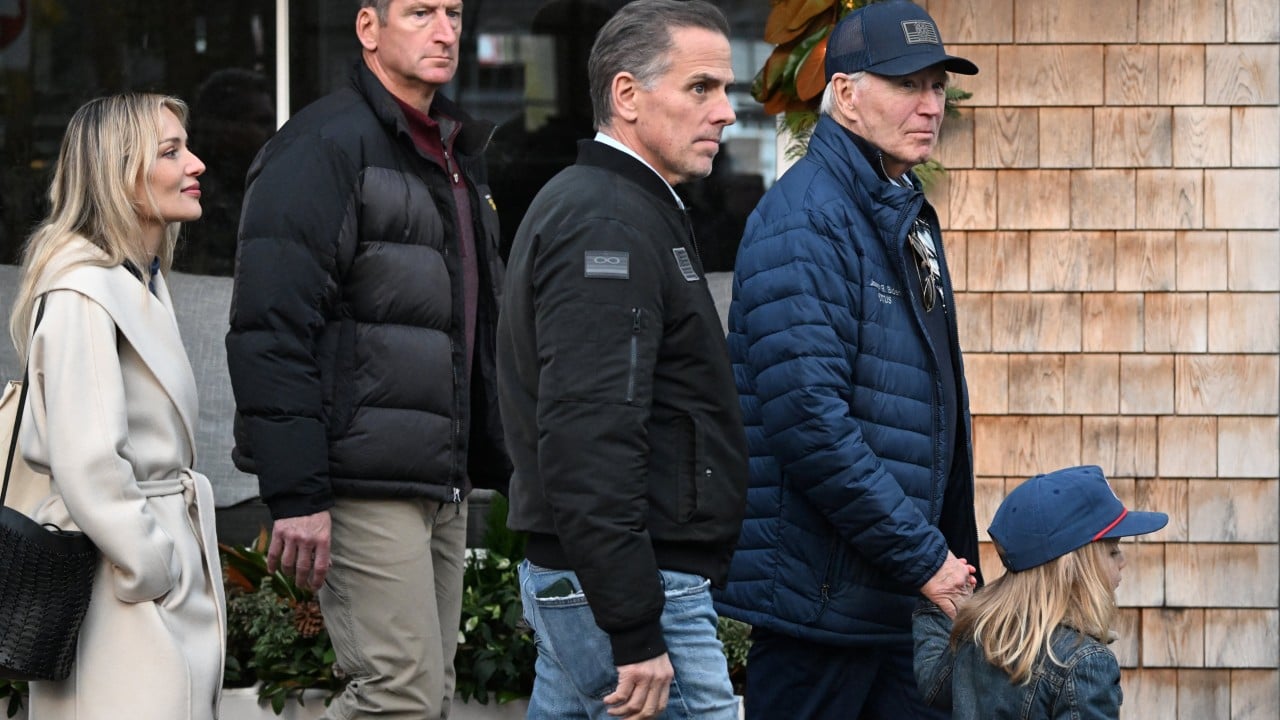Joe Biden’s presidency has been quite consequential. His investments in infrastructure, climate initiatives and pandemic recovery have reshaped the United States’ trajectory. He fortified the North Atlantic Treaty Organisation at a critical time to support Ukraine against Russian aggression.
Advertisement
However, these achievements could be eclipsed by decisions that prioritise personal interests over the greater good. Those decisions may define a presidency that promised renewal but instead stumbled into self-inflicted crises.
The first decision was Biden’s insistence on seeking a second term, despite glaring concerns about his age and ability to endure the rigours of another four years. His determination seemed more rooted in personal pride than practical reality, leaving his party in a bind as it hesitated to challenge an incumbent president.
When his candidacy faltered after a disastrous debate performance, the result was political chaos. Vice-President Kamala Harris was thrust into the unenviable position of salvaging a campaign marred by Biden’s missteps, with precious little time to mount an effective counter to Donald Trump. Biden’s stubbornness ceded significant electoral ground to Trump, paving the way for his return to the White House.
Another decision came on Monday when Biden used his presidential pardon to shield his son, Hunter Biden. Convicted in June on three federal firearm charges and pleading guilty in September to tax evasion, Hunter Biden faced years of imprisonment.
Advertisement
His sentencing loomed this month, promising a rare instance of accountability for a figure at the heart of so many political controversies. However, instead of letting the justice system run its course, Joe Biden intervened.

